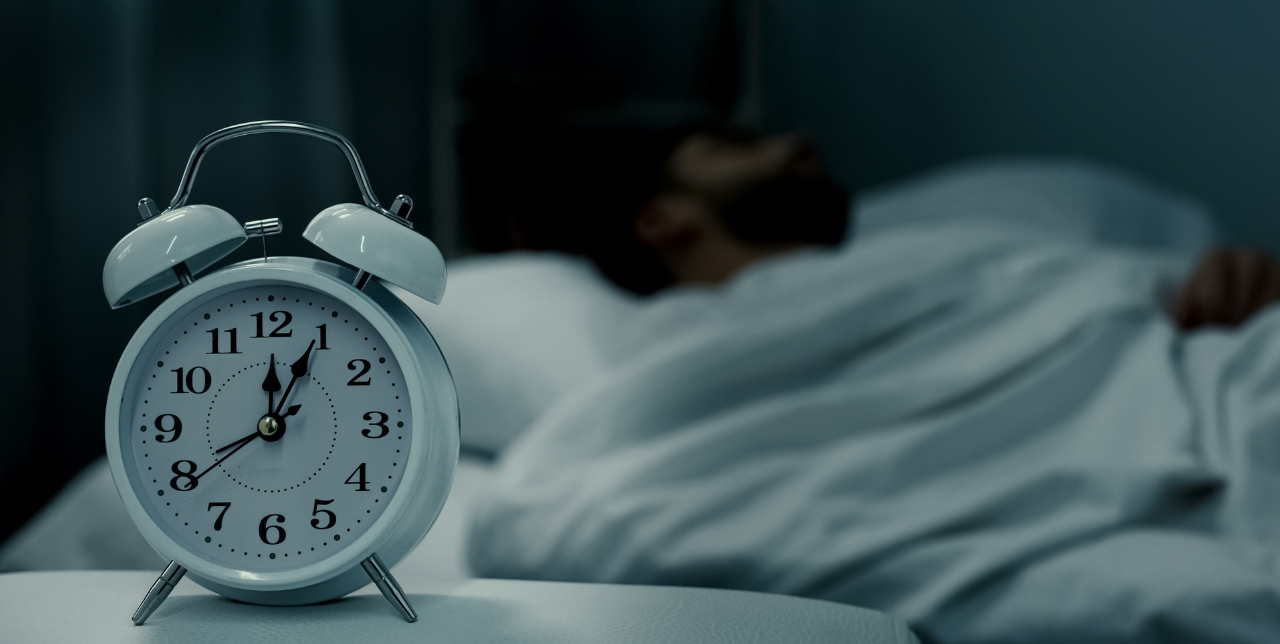Microdosing, the practice of taking small, sub-perceptual doses of psychedelics, has gained popularity. Many enthusiasts report various benefits, including enhanced creativity, improved mood, and better focus. Recently, there’s been growing interest in its potential impact on sleep. Let’s dive into the correlation between microdosing and sleep and see what science and anecdotal evidence suggest.
What is Microdosing?
Microdosing involves consuming tiny amounts of psychedelic substances, typically around 1/10th to 1/20th of a recreational dose. This practice aims to achieve subtle effects without experiencing a full-blown trip. People microdose substances like LSD, psilocybin mushrooms, and other psychedelics.
How Microdosing Affects Sleep
Many people wonder if microdosing can improve sleep quality. Some anecdotal evidence and early research suggest a positive correlation.
Enhanced Relaxation
One of the primary benefits reported by microdosers is enhanced relaxation. Small doses of psychedelics can help reduce anxiety and stress, which are common barriers to good sleep. By promoting relaxation, microdosing might help you fall asleep more easily.
Improved Sleep Patterns
Some users report more consistent sleep patterns. They experience fewer disruptions and wake up feeling more refreshed. Consistent sleep patterns are crucial for overall health and well-being.
Increased REM Sleep
Early studies suggest that psychedelics might increase REM (rapid eye movement) sleep. REM sleep is essential for cognitive functions like memory and learning. Increased REM sleep can lead to more vivid dreams and better cognitive performance during the day.
Potential Risks and Considerations
While microdosing shows promise, it’s important to approach it with caution.
Overstimulation
For some, microdosing can lead to overstimulation, making it harder to fall asleep. It’s crucial to find the right dosage and schedule to avoid this effect. Taking your microdose early in the day can help prevent sleep disturbances.
Individual Differences
Not everyone reacts the same way to psychedelics. What works for one person might not work for another. It’s essential to listen to your body and adjust your dosage and schedule accordingly.
Legal and Safety Concerns
Psychedelics are illegal in many places. Before you start microdosing, research the legal status in your area. Also, ensure you are using safe and tested substances.
Tips for Microdosing to Improve Sleep
If you decide to try microdosing for better sleep, here are some tips to maximize the benefits.
Start with a Low Dose
Always start with the lowest possible dose. This approach allows you to gauge your body’s response without risking overstimulation.
Keep a Journal
Track your microdosing schedule, dosage, and sleep patterns. A journal can help you identify what works best for you.
Combine with Other Sleep-Enhancing Practices
Microdosing can be more effective when combined with other sleep-enhancing practices. Here are a few habits to consider.
Establish a Bedtime Routine
Creating a consistent bedtime routine can signal to your body that it’s time to wind down. Consider activities like reading, meditation, or taking a warm bath before bed.
Limit Screen Time
Blue light from screens can interfere with your sleep cycle. Limit screen time at least an hour before bed to improve sleep quality.
Use Relaxation Techniques
Techniques like deep breathing, progressive muscle relaxation, and mindfulness meditation can help calm your mind and body, making it easier to fall asleep.
Scientific Studies on Microdosing and Sleep
While research on microdosing is still in its infancy, a few studies have explored its impact on sleep.
Fadiman’s Research
Dr. James Fadiman, a pioneer in psychedelic research, has collected anecdotal reports from microdosers around the world. Many participants report improved sleep quality and more vivid dreams.
Johns Hopkins Study
A study at Johns Hopkins University is exploring the effects of psychedelics on sleep. Preliminary results suggest potential benefits, but more research is needed to draw definitive conclusions.
Personal Experiences
Anecdotal evidence from microdosers also provides valuable insights. Many people share their experiences online, detailing how microdosing has improved their sleep. These personal accounts can offer guidance and inspiration for those considering microdosing.
Conclusion
The correlation between microdosing and sleep is an exciting area of exploration. While early evidence suggests potential benefits, it’s important to approach microdosing with caution. Start with a low dose, keep a journal, and combine microdosing with other sleep-enhancing practices. As research continues, we may gain a deeper understanding of how microdosing can impact sleep and overall well-being.
For more information on microdosing and sleep, check out these resources:
